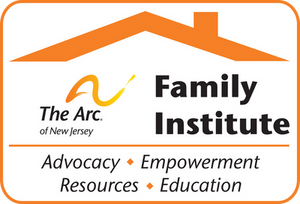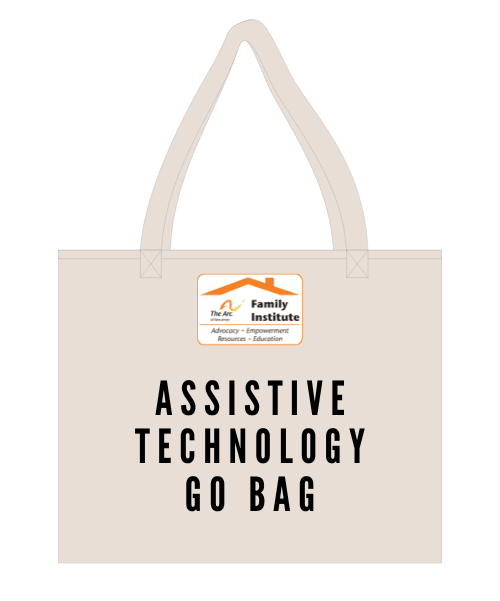What You Need to Understand Social Security Benefits

Social Security Administration (SSA)

An independent agency of the United States federal government. SSA administers the nationwide retirement, disability, survivor, and family benefits, and enrolls people in Medicare.
- The Social Security retirement benefit is a monthly check that replaces part of your income if you reduce your hours or stop working. Your eligibility is based on your work history as most jobs take Social Security out of your paychecks so that you receive a monthly benefit in retirement.
- Social Security Disability Insurance (SSDI) or "Disability" provides monthly payments to individuals with disabilities that inhibit or prevent their ability to work. After 2 years of receiving SSDI, an individual is automatically enrolled in Medicare.
- Survivors benefits are distributed to widows, widowers, and dependents of eligible workers.
- Supplemental Security Income (SSI) gives monthly payments to individuals with disabilities and older adults with little to no income or resources.
SSI
SSI eligibility is an option for many individuals with IDD, especially when they turn 18. If an individual applies for SSI prior to 18, the resources of the entire household is taken into account when determining eligibility. However, once the individual turns 18, only their individual resources are used to determine eligibility.
SSI eligibility is determined on a month to month basis, so it is very important to understand the resource limits, and there is a legal obligation to report to Social Security any changes that may affect benefits, otherwise, SSI termination may occur. The monthly resource limit for an individual on SSI is $2,000.
If an individual is eligible to receive SSI, they automatically become eligible to receive NJ FamilyCare/Medicaid through the Aged, Blind, and Disabled (ABD) programs. An individual consequently must be on Medicaid in order to receive services from the Division of Developmental Disabilities (DDD), when eligible at the age of 21.
SSDI
Some individuals with IDD become eligible to receive SSDI upon their own work record, while many individuals begin receiving SSDI based upon a parent's work record. When a parent retires or becomes disabled, and starts receiving Social Security benefits, the individual will start receiving SSDI based on the parent's work record. In instances where a parent dies, the Social Security benefit is referred to as a Survivors benefit.
When an individual begins receiving SSDI, the amount is often too high for the individual to continue receiving SSI, thus resulting in termination from SSI and Medicaid. The individual may be eligible to continue Medicaid, however, as a Section 1634 Disabled Adult Child (DAC). An individual who was receiving SSI benefits and meets the following requirements may qualify as a Section 1634 DAC under the Social Security Act:
- Is at least 18 years of age;
- Has blindness or a disability which began before the age of 22;
- Has been receiving SSI based on blindness or disability; and
- Has lost SSI due to the receipt of Social Security benefits on a parent’s record due to the retirement, death or disability of a parent.
Overpayments and Appeals
Social Security overpayments may occur when benefits are overpaid as a result of the SSA being unable to calculate your benefit amount because their information is wrong or incomplete. It can happen if you someone doesn't share updates with the SSA about what's changed in life, like:
- Ability to work
- Living situation
- Marital status
- Income
Social Security can be very delayed in issuing notices of overpayment and requests for paying the amount back, sometimes after many months and thousands of dollars in overpayments. It is crucial to report any and all changes to SSA and remain under the resource limit each month to avoid an overpayment notice.
An individual has the right to appeal decisions from Social Security, whether in regards to overpayment, an SSI or SSDI application denial, or another matter. The initial reconsideration request of a decision from Social Security must occur within 60 days. If an individual is not satisfied with the reconsideration, they have the option to continue the appeal through ensuing levels: hearing with a judge, review of hearing decision, and filing federal district court action.
- FAQs on SSI Overpayments
- The National Organization of Social Security Claimants' Representatives (NOSSCR) is a specialized bar association for attorneys and advocates who represent Social Security Disability Insurance and Supplemental Security Income claimants throughout the adjudicative process.
- Submit a Social Security Disability Appeal on the SSA website.
- Plan NJ Directory of Attorneys - These professionals have expertise in estate planning and other related matters for individuals with disabilities and their families including elder care, Special Needs Trusts, guardianship, public benefits, special education laws and other disability matters.
Representative Payee Information
- What is the Representative Payment Program?
- Guide for Representative Payees
- FAQs for Representative Payees
Links and Resources
- SSA website
- SSA and disability reviews
- Find your local Social Security field office
- SSI Appeals Process Fact Sheet
- SSI in NJ (2024)
- SSI in NJ - What you need to know
- The Arc of NJ Social Security resource page
- New Online Tool to Start an SSI Application











